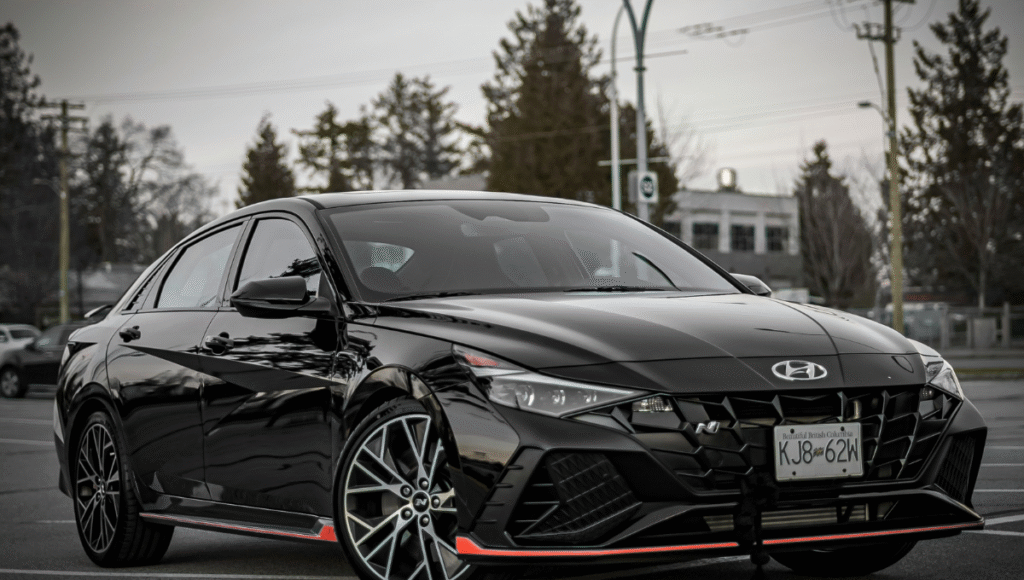
Hyundai Shifts Gears Motor to Boost U.S. Production, Adjusts Profit Targets Amid Tariff Challenges
In today’s fast-changing global automobile market, Hyundai Motor is making bold moves to secure its future. With trade tensions and tariff policies reshaping strategies, the South Korean automaker is setting its sights on building more cars in America while carefully adjusting its financial goals to stay strong in the face of uncertainty.
Hyundai Shifts Gears Big Push in the U.S.
Hyundai Motor has announced that by 2030, more than 80% of the vehicles it sells in the United States will also be produced there. This decision is closely tied to the ongoing U.S. tariff policies, which have made it more expensive to import cars. To minimize the financial hit, Hyundai is ramping up output at its state-of-the-art factory in Georgia.
Currently, about 40% of the cars Hyundai sells in the U.S. are built locally. With the new plan, that number will double over the next few years, a move that analysts say could help Hyundai remain competitive even if tariffs remain high under U.S. trade policies.
Trimming Profit Margins but Planning for Growth
While expanding production in the U.S., Hyundai has slightly lowered its 2025 profit margin target to 6-7%, down from its earlier projection of 7-8%. The automaker says this adjustment reflects the immediate impact of U.S. tariffs. However, Hyundai remains confident about long-term growth, projecting margins to rise again to 7-8% by 2027 and 8-9% by 2030.
Jose Munoz, co-CEO of Hyundai Motor, assured investors that the company’s focus is not just on cutting losses but also on creating sustainable growth. “We need to grow in the United States and produce what we sell in the United States,” he emphasized, while also noting that South Korea’s role in Hyundai’s global operations remains vital.
The Georgia Plant: A Future Powerhouse
Hyundai’s Georgia factory is set to become one of its most important assets. By 2028, the plant is expected to produce up to 500,000 vehicles a year, with a strong focus on hybrids and electric vehicles (EVs). The facility will manufacture around 10 hybrid and EV models, reinforcing Hyundai’s long-term commitment to clean mobility.
The automaker also has plans to launch more than 18 hybrid models globally by the end of this decade, along with extended range electric vehicles (EREVs) in 2027 and even its first mid-size pickup truck for the North American market before 2030.
Trade Tensions and Industry Challenges
Despite its ambitious plans, Hyundai is still grappling with the reality of tariffs. In the second quarter of 2025 alone, U.S. tariffs cost the company around 828 billion won (over $600 million). With the current rate still at 25% for South Korean imports, the financial strain could grow further unless new trade agreements are finalized.
President Donald Trump recently announced a reduction of tariffs on Japanese imports, cutting them from 25% to 15%, but South Korea continues to face higher duties. Negotiations between Seoul and Washington are ongoing, with a $350 billion investment fund being a key part of the talks.
Looking Ahead
Hyundai’s aggressive push in the U.S. reflects both opportunity and risk. While increasing local production could shield it from tariffs, it also creates long-term fixed costs if trade conditions change in the future. Analysts suggest that innovations like deploying humanoid robots in factories could further boost efficiency and profitability once production stabilizes.
Still, Hyundai’s roadmap is clear: invest in America, double down on hybrid and EV technologies, and stay resilient in the face of uncertainty. The company is betting big that these strategies will secure its position as one of the world’s top automakers well into the next decade.
Disclaimer: The above article is based on publicly available information and official statements. It is intended for informational purposes only and should not be considered financial or investment advice.





